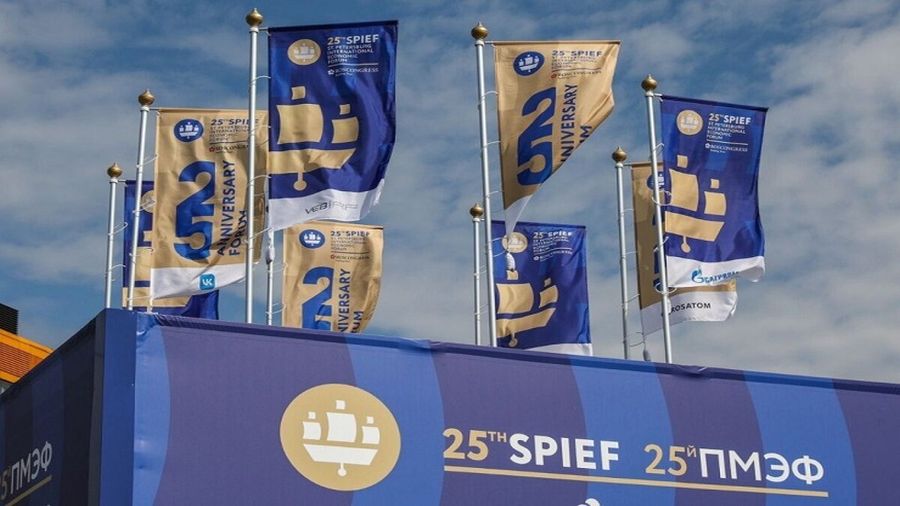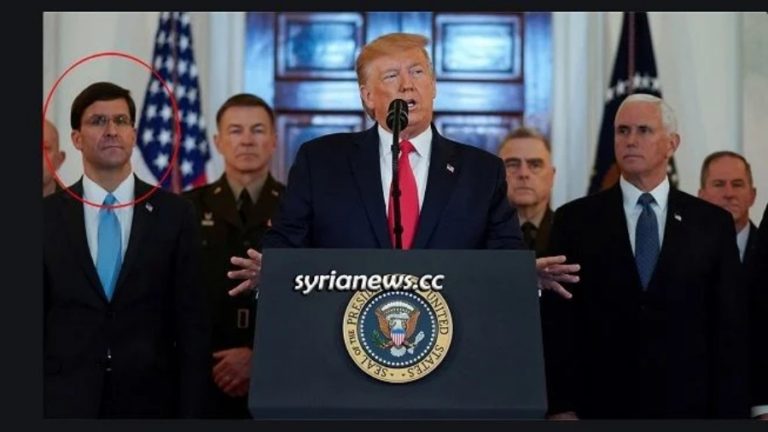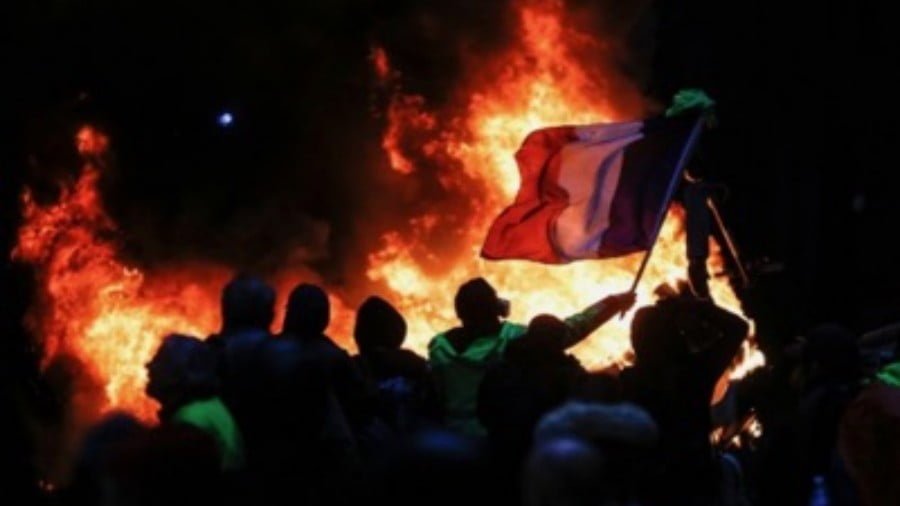Afghans are Coming to the St Petersburg Economic Forum
Representatives of Afghanistan have been invited to this year’s St Petersburg International Economic Forum (SPIEF). Their delegation will be represented by Jamal Nasir Garwa, Chargé d’Affaires a.i. of Kabul in Moscow. That being said, Russia shows it is not cooperating with the Taliban, who are still banned by both the UN and the Russian Federation, but with Afghanistan, economic relations with which can be beneficial under certain conditions. That is why it was not the Taliban (their movement is banned in the Russian Federation) who were officially invited to the SPIEF, but representatives of the Afghanistan Chamber of Commerce and Industries. Although Afghanistan’s share of Russia’s foreign trade is insignificant (it is not even in the top 100 trading partners: in 2020, it ranked 106th out of 241 countries, according to Federal Customs Service data), Moscow has demonstrated to Afghanistan’s current businessmen that SPIEF is the right place for them to discuss business issues with partners not only from Russia.
Russia has had economic interests in the country since Soviet times, despite the strong backwardness of the Afghan economy. Russia built three Kamaz automotive factories there in 1985 (although the company has no production facilities there now), a plant for the production of small vehicles (bicycles, mopeds) with a production capacity of over 15,000 units per year. Since 2015, Russian companies have been operating in Afghanistan to build small hydropower plants; in 2017, the Russian state-owned engineering company Technopromexport won a tender to renovate the Naghlu hydropower plant near Kabul. A number of Russian airlines offered cargo services from Afghanistan. In order to develop the country’s industry, Soviet geologists mapped 1,500 mineral deposits. The TAPI (Turkmenistan-Afghanistan-Pakistan-India) gas pipeline is a major project not only for Afghanistan, but for all of Central Asia, and the Taliban leadership has already expressed support for its continued construction. Although so far Russia’s role in this process has been limited to supplying pipes for sections of the pipeline, in the future Russian gas companies will be able to export natural gas to India by using the Soviet-era pipelines that connect Russia and Turkmenistan.
The economy of not only Afghanistan, but of all the surrounding countries, is now highly dependent on the geopolitical situation in Central Asia. In Afghanistan, a real investment market can only open up when investor countries have confidence in the security situation in the country and the region and, as such, in the security of investments in Afghanistan. Until then, country risks will be so substantial that no one will be able to really invest in the Afghan economy.
Today there are a number of serious questions, not only for Afghanistan, but also for its neighboring countries — Russia, China, Iran, Pakistan, India, Central Asian states and Turkey — about the prospects of the situation in Afghanistan and the need to eradicate significant threats to regional security: in particular, international terrorism, drug trafficking, organized crime, support for extremist and separatist movements from the territory of Afghanistan, and the encouragement of radical Islamists in neighboring countries after the Taliban came to power. There is also an objective need to coordinate the positions of the aforementioned countries in order to avoid clashes, in particular in the case of support for specific warring ethnic and political groups in Afghanistan. And in this regard, cooperation not only between post-Soviet Central Asian states and the Collective Security Treaty Organization (CSTO), but also Afghanistan, can be of significant help.
With the Taliban demonstrating its willingness to create a favorable environment for foreign aid and investment, the Afghan economy could become a very promising destination for Pakistan, India, China, Turkey and Russia. For Russia, for example, there may be opportunities to expand bilateral trade, including the export of new commodities from Afghanistan. For example, saffron, known as red gold, the most expensive spice grown in that country.
During Russian Foreign Minister Sergey Lavrov’s visit to China in April this year, he attended a ministerial meeting of Afghanistan’s neighbors. These are Russia, China, Iran, Pakistan, Tajikistan, Turkmenistan and Uzbekistan. At the meeting, the Russian Minister said the security situation in Afghanistan was improving, but was not yet stable. Meanwhile, the Taliban as a ruling force is gradually growing accustomed to govern.
At the level of the Russian and Afghan foreign ministries, relations can already be said to have been established: the first Afghan diplomat sent by the new authorities to Moscow has been accredited in Russia, which could be the beginning of the process of Russia officially recognizing the new authorities in Kabul. Contacts with Russia are very important to the Taliban, and these interests are mutual.
At a meeting in Kabul in April with the Russian Ministry for Civil Defense, Emergencies and Elimination of Consequences of Natural Disasters, Afghan First Deputy Prime Minister Abdul Ghani Baradar spoke in favor of developing Afghanistan’s relations with Russia and accused the US of violating the peace agreement, saying Washington continued to pursue a hostile policy towards the country. As Baradar pointed out, the Americans first destroyed the Soviet-era infrastructure and then ran away while managing to definitely smash everything they could in the process. The economy is now at rock bottom, with the Central Bank’s accounts frozen.
The establishment of good-neighborly relations with Afghanistan also benefits Russia. At least because the US and NATO have long sought to damage these bilateral security interests from the territory of Afghanistan. For example, ISIS (a terrorist group banned in the Russian Federation) flourished under the wing of the previous Afghan proxy regime set up by the West. As the Taliban came to power in Kabul, this terrorist underworld began to “shrink”.
It is clear that the Taliban, who advertise their dealmaking skills and their willingness to meet international standards at least outwardly, are doing their utmost to break out of their international isolation. For example, in early April the Taliban, through a statement by their spokesman Bilal Karimi, strictly banned poppy cultivation throughout Afghanistan in order to demonstrate their conformity with international public expectations. At the same time, the Taliban continue to fail to fulfil a number of previous promises to bring domestic life closer in line with international norms.
Moscow is well aware that the Taliban’s willingness to orient its policy towards developing relations with Moscow also has an obvious hidden agenda. Kabul wants Washington to recognize and fund the Taliban regime, believing that Russia and China will never give as much money as the US could. That is why the Taliban, undoubtedly feeling the urge to make money out of Russia, are more interested today in America and China than in the Russian Federation. Russia, on the other hand, is more of a “fall-back option” for the Taliban, with which they try to intrigue and make the US jealous, for example when they negotiate with Washington, in the hope of getting more concessions and benefits from the Americans.







